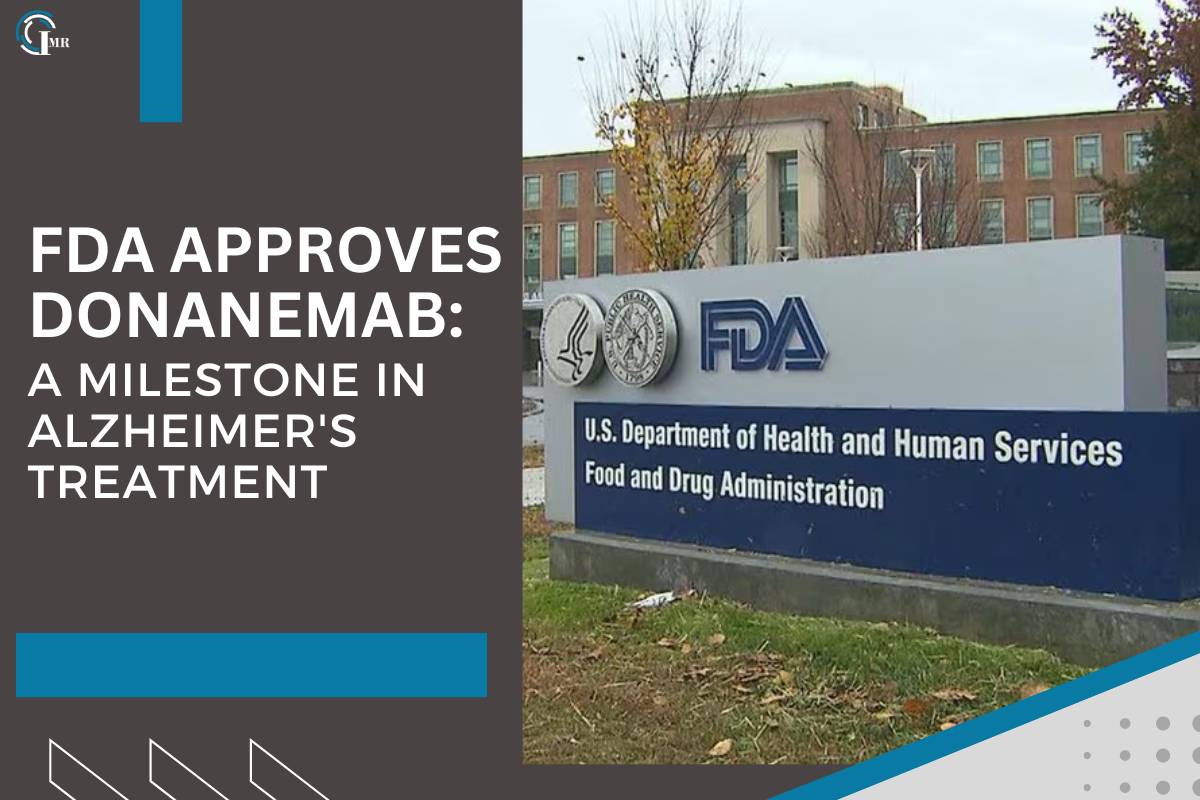(Source – www.congress-intercultural.eu)
The US Food and Drug Administration has greenlit donanemab, a groundbreaking monoclonal antibody developed by Eli Lilly, aimed at mitigating the advancement of early symptomatic Alzheimer’s disease. This approval marks a significant stride in the battle against Alzheimer’s, a condition affecting millions globally.
Donanemab functions by enhancing the body’s ability to eliminate amyloid plaque deposits in the brain, a pivotal characteristic of Alzheimer’s pathology. While it does not represent a cure, clinical trials have demonstrated its capacity to decelerate disease progression, thereby prolonging independence and enabling sustained engagement in daily activities for affected individuals.
During presentations to FDA advisors in June, Eli Lilly underscored compelling outcomes from late-stage trials. Participants administered with donanemab exhibited a notable 35% lower risk of disease progression over an eighteen-month period compared to those receiving a placebo. The consensus among advisors was that the treatment is both safe and effective, although concerns were raised regarding rare but serious adverse events observed in a small fraction of trial subjects, including incidents of amyloid-related imaging abnormalities (ARIA) leading to fatalities.
Stringent Monitoring Protocols
In response to these challenges, Eli Lilly has implemented stringent monitoring protocols, including additional MRI screenings early in treatment cycles to promptly identify asymptomatic ARIA and suspend treatment if necessary. This cautious approach reflects ongoing efforts to balance therapeutic benefits with patient safety.
Donanemab enters a competitive landscape alongside other approved monoclonal antibody treatments like lecanemab (Leqembi), marketed by Eisai and Biogen. Leqembi, already in use, has shown efficacy in reducing amyloid plaques with a lower incidence of severe side effects compared to donanemab. However, both drugs underscore the critical need for vigilant monitoring due to potential risks associated with their administration.
Regarding cost considerations, donanemab is priced higher than its counterparts, with potential cost-saving avenues explored through treatment discontinuation upon observed clinical improvement, thereby curbing long-term expenses for patients.
The approval of donanemab arrives amidst escalating urgency for effective Alzheimer’s treatments, given projections that nearly 14 million Americans could be impacted by the disease by 2060. Current statistics reveal that Alzheimer’s already afflicts approximately 6.7 million seniors in the US alone, with profound implications not only for patients but also for caregivers who dedicate extensive hours to managing the disease’s effects.
Ongoing research and vigilance
Anne White, Executive Vice President and President of Lilly Neuroscience, emphasized the significance of early detection and diagnosis in optimizing the efficacy of treatments like donanemab, underscoring Lilly’s commitment to enhancing outcomes for Alzheimer’s patients.
Advocates and organizations like the Alzheimer’s Association have hailed the FDA’s decision as a pivotal advancement. Dr. Joanne Pike, President and CEO of the Alzheimer’s Association, lauded the approval, highlighting its potential to provide patients and their families with much-needed hope and extended quality time.
As medical science continues to forge ahead in the quest for Alzheimer’s therapies, the approval of donanemab stands as a beacon of progress, offering tangible benefits to individuals grappling with the profound challenges posed by this devastating disease. With ongoing research and vigilance, the hope remains that further breakthroughs will emerge, ultimately transforming the landscape of Alzheimer’s care for generations to come.












